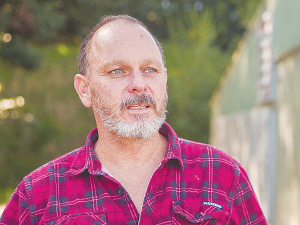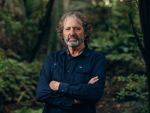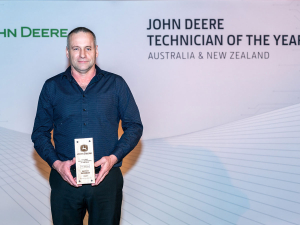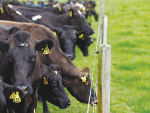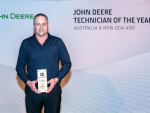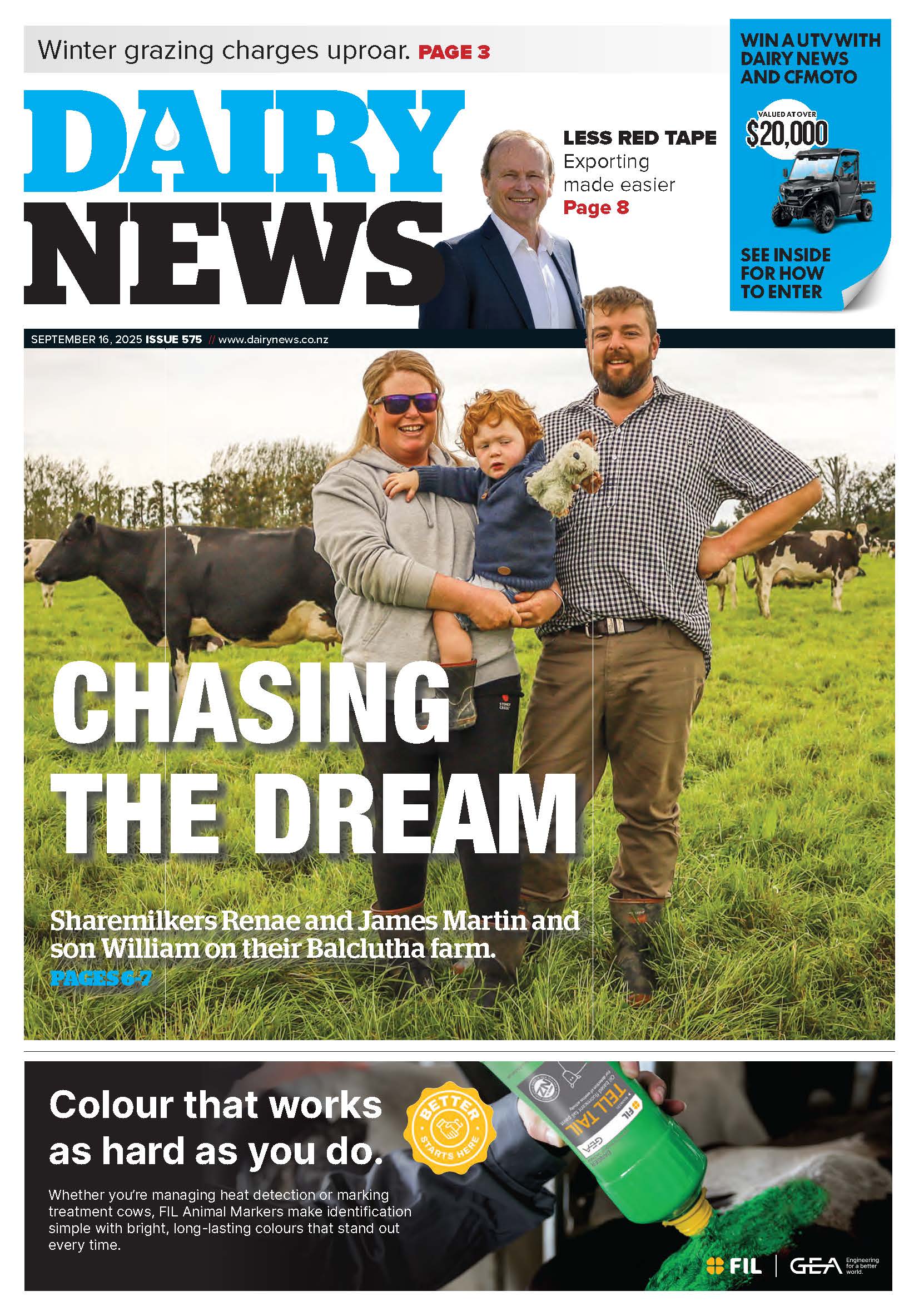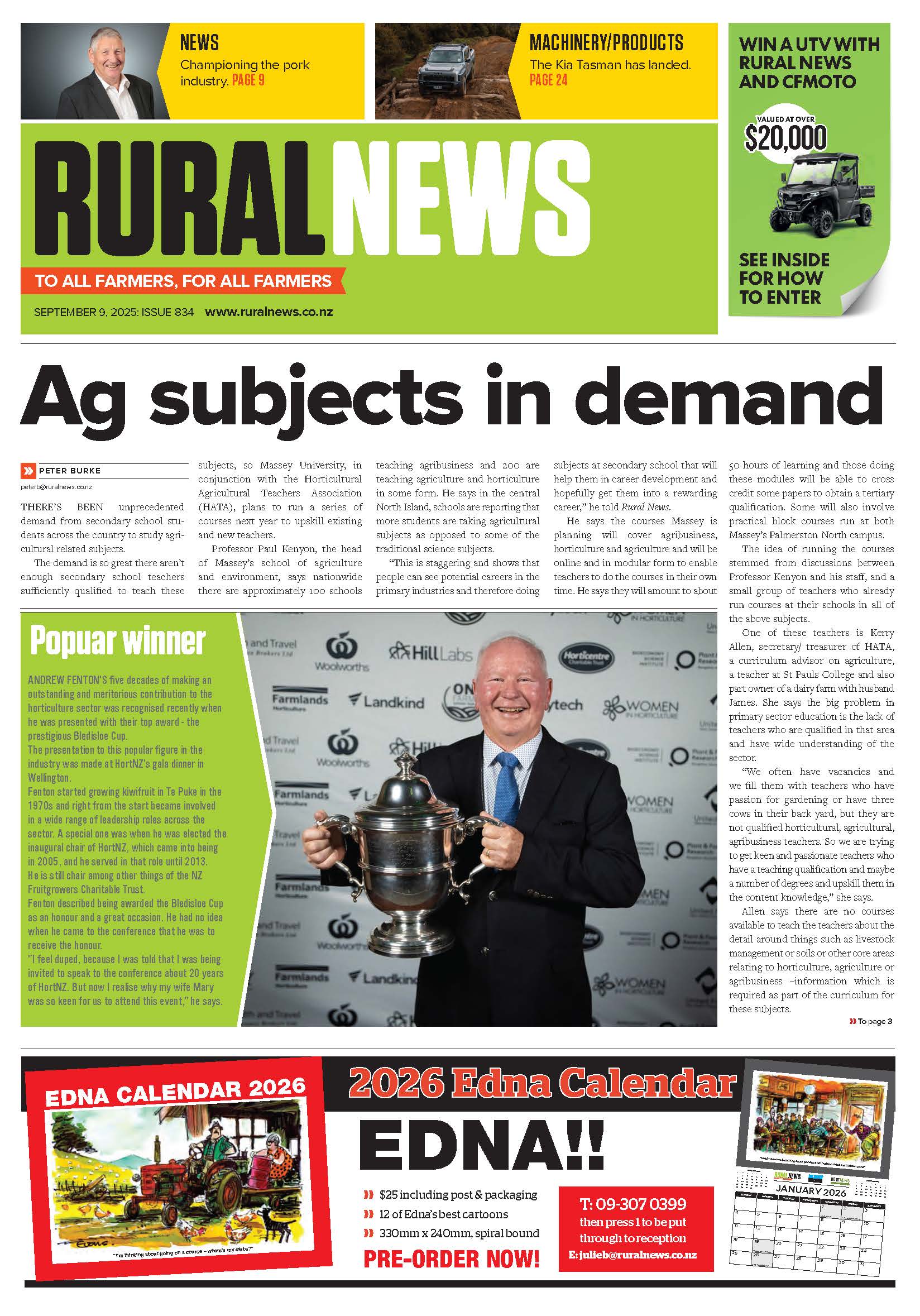Once he'd run the numbers, he was convinced.
"As the price of solar has dropped and the price of EVs has also dropped, it really made it a no-brainer," Collings says.
He already owned two electric vehicles - a Tesla Model 3 for road trips, as well as a Nissan Leaf which was used around his mostly-flat farm, instead of a quadbike.
Eager to park up his old diesel ute once and for all, Collings jumped at the chance to buy a Chinese-made LVD EV T60 as soon as he could.
He reckons the cost savings were immediate.
"We were buring through about $9,000 worth of fuel a year, and that's dropped to absolutely zero with the EVs," Collings says. "It's not many years to pay back the cost of an EV at that rate."
Meanwhile, in an effort to decarbonise his 130,000-bird farm, Collings had already installed dozens of solar panels on the roof of his chicken sheds. His 60-kilowatt system was already providing heating or cooling in the sheds during the day - but he wanted to take his electrification efforts further.
"We have tried to decarbonise as many of the combustion engines as possible, and we've replaced petrol blowers with electric blowers, and got electric mowers - it's all working out really well." The farm was able to take out an ANZ Business Green Loan to buy the EV T60, something Collings says had helped convince his business partners - his parents Trevor and Francie and wife Heather.
"The green loan's special rate made it a sensible business decision," he adds. "Add in the [clean car] rebate from the government and it just made good business sense - we found we could easily afford the next step."
With clear financial reasons for going electic, and an increasing number of EV options, Collings believes there's no reason others in the poultry industry - or the wider farming community - can't also consider making the change.
"I like to think that all I'm doing is basically showing that it is possible," he says. "Not only that, but also that it's economically viable and it's just a better way to do things."
Collings' long-term plans include trying to further decarbonise the farm, ultimately having all the heating and cooling of the chicken sheds done via solar and heat pumps.
More investment will be required, but the ultimate goal is to try to make the farm, and his chicken rearing operation, as close to carbon zero as possible.





